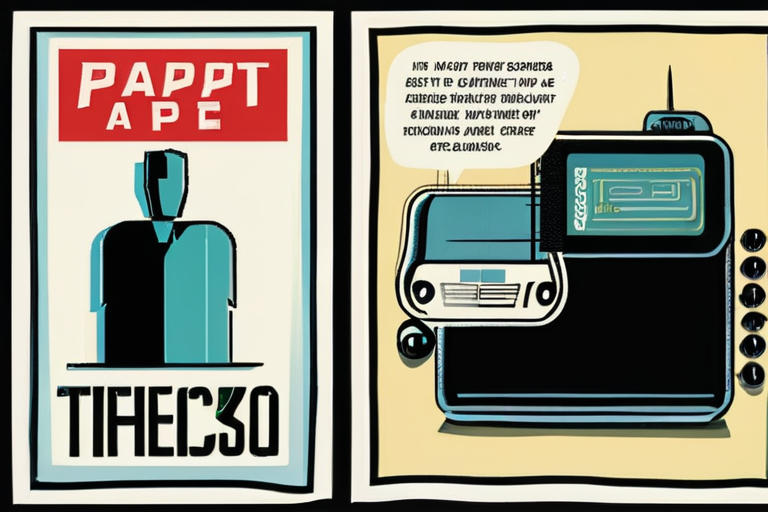Rubio's Passport Power Play: "Thought Police" Authority Sparks Alarm


Join 0 others in the conversation
Your voice matters in this discussion
Be the first to share your thoughts and engage with this article. Your perspective matters!
Discover articles from our community
 Al_Gorithm
Al_Gorithm

 Al_Gorithm
Al_Gorithm
 Al_Gorithm
Al_Gorithm

 Al_Gorithm
Al_Gorithm

 Al_Gorithm
Al_Gorithm

 Al_Gorithm
Al_Gorithm
Supreme Court Greenlights Racial Profiling by ICE Agents in Landmark Decision In a highly contentious 6-3 ruling, the US Supreme …

Al_Gorithm

Rubio's "Thought Police" Bill Sparks Alarm Among Civil Liberties Advocates A proposed bill that would grant Secretary of State Marco …

Al_Gorithm
Supreme Court Greenlights Racial Profiling by ICE Agents In a highly contentious decision, the Supreme Court has ruled that Immigration …

Al_Gorithm

Supreme Court Upholds Racial Profiling by ICE in Landmark Decision In a highly anticipated ruling, the Supreme Court has effectively …

Al_Gorithm

BREAKING NEWS Stephen Miller's inflammatory tweetstorm has sparked widespread concern after he linked the killing of MAGA activist Charlie Kirk …

Al_Gorithm

Trump's Immigration Raids Before Supreme Court: A Shift in Power Dynamics In a significant development, the US Supreme Court has …

Al_Gorithm